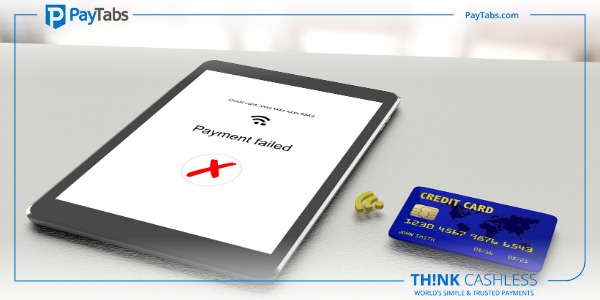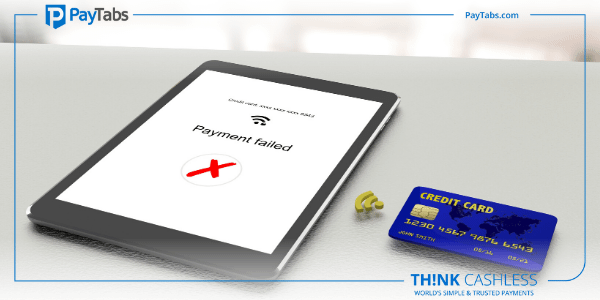Why Do Online Payments Fail?

Making online payments is a complex process. Transactions can fail to materialize many times and there may be several reasons behind them. In order to fully understand the reason behind such failures, it is imperative to look at the various components of the payment processing chain. Any one glitch at any stage may cause the payment to collapse. Not only do these payment processes involve money but also highly sensitive data related to a business and its clients. This is why it is important that such instances of payment failure are dealt with properly and in a timely fashion.
Types of Payment Failures
Payment failures can be broadly divided into two categories. The two types of failures are a) where the amount is not charged and b) where the amount is charged. In the first instance there is less to worry since no money was transferred, but it is still important to look into the reasons behind such failure. In the second case, there is bigger cause for concern since the money has left the person’s bank account but cannot be traced further without deeper analysis. Whatever the case may be, you are advised to undertake proper investigation in either of the circumstances as the incident may reveal some other issues in the processes.
Reasons for Payment Failure
Following are some of the most common reasons which may lead to payment failure.
Connectivity: Since payment processing uses internet, any issue with the connectivity may cause the payment process to stop midway. Even if there is only fluctuation in the speed of the network, the payment may fail. In other cases, the user may have unwittingly closed the browser before the process was completed. The payment process will fail in all such scenarios.
Downtime: Online payment process entails several intermediaries such as payment gateways, banks and credit card firms among others. If any of these constituents are undergoing downtime, the payment may fail. In most of the cases, the companies announce their downtime ahead of time, so that their clients may schedule their payments accordingly. However, in other cases, such downtime may be unscheduled. It is also important to adhere to any applicable time constraints. For example, certain transactions may be undertaken only during scheduled hours. If you attempt a transaction outside such limit, your payment is bound to fail.
Security Issues: Financial intermediaries may refuse to process the payment if they are not convinced about the authenticity of the transactions. Such refusal causes the payment process to fail. The reason may be as simple as the bank not finding the transaction to be as per the customer’s usual spending pattern. This generally happens when there is a charge from a foreign country. The customer’s bank may flag the transaction if it detects any security threat. In other cases, the payment gateway may decline the payment if it is above the threshold set by the merchants.
Wrong or Missing Data: Online payments have very stringent requirements when it comes to authenticating the data. The transactions are bound to decline if there is even a slight mismatch between the data and your credentials. If the customer enters the wrong password or OTP, the banks may choose to decline the payment. In order to ensure the security of financial payments, the financial institutions may also impose time limits within which the transaction is must be completed. It is important to adhere to such directions. Even if the data is entered correctly but an element is missing, the payment transaction will be declined.
Other Reasons: Apart from these broad categories, there are several other reasons why a payment may fail. Sometimes, the reason may be as simple as there not being sufficient balance in the customer’s account. If the transaction they are undertaking is beyond the limit of their debit or credit card, then the payment will be declined. Another reason may be that their chosen payment method may not be on the list of approved methods.
Payment failures may adversely impact an online business in a significant manner. Apart from causing financial loss, it may also lead to loss of reputation and trust among your clients. In order to provide the best services to your customers, you should look into each and every incident of payment failure to find out the underlying reason.





